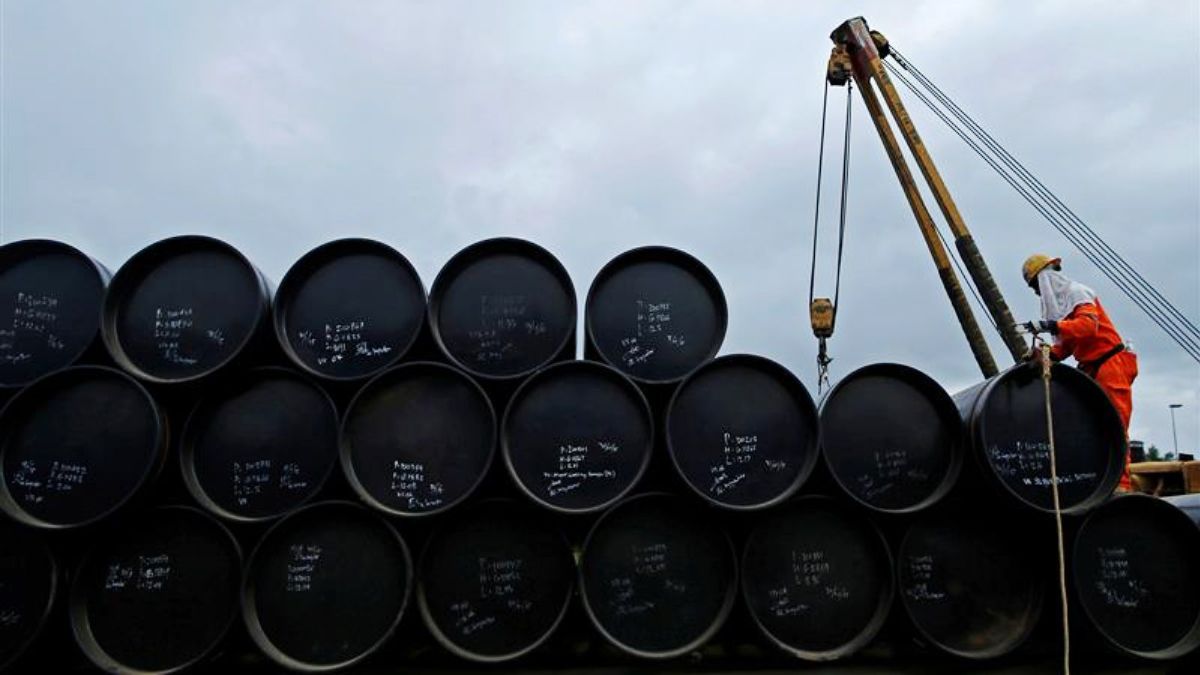Brent and U.S. crude futures fell on Tuesday as traders became less nervous about the possibility of a war wider in Middle Eastwhile Iran has not yet fulfilled its threats to retaliate against Israel for the murder of an official Hamas in Tehran and after that the OPEC on Monday lowered its forecast for demand growth in 2024.
Crude oil futures Brent The benchmark crude oil prices closed down $1.61, or 1.96%, at $80.69 a barrel. West Texas Intermediate of USA closed down $1.71, or 2.14%, at $78.35 a barrel. Both benchmarks had risen for five consecutive sessions through Monday.
“The markets had discounted an imminent attack by Iran on Israel in the next 24 to 48 hours,” he said. Phil Flynn, senior analyst at Price Futures Group. “That hasn’t happened. The market is taking that risk premium out of the price of crude oil,” he added.
In turn, Jim Ritterbusch, President of Ritterbusch Associates, stressed: “We are seeing an evaporation of the geopolitical risk premium.”
The incidence of OPE
The cut in the demand forecast for 2024 by the Organization of the Petroleum Exporting Countries (OPEC) highlighted the dilemma facing the broader group OPEC+ in its aim to increase production from October.
Also on Tuesday, the International Energy Agency (IEA) The US kept its forecast for global oil demand growth unchanged for 2024 but cut its estimate for 2025, citing the impact of weak Chinese consumption on economic growth.
Markets are also bracing for Wednesday’s US consumer price index report, which will provide a crucial reading on inflation.
Attention in the Middle East
Still, investors remained vigilant about the latest geopolitical tensions. The conflict in Middle East has intensified and USA is preparing for what could be significant attacks by Iran or its proxies in the region as early as this week, White House national security spokesman John Kirby said Monday.
According to analysts, any attack could restrict access to the global crude oil supplies and push up prices. An attack could also lead the United States to impose embargoes on Iranian crude exports, potentially affecting 1.5 million barrels per day of supply.
“If an eventual retaliation by Iran falls within the scope of a so-called proportionate response, and (upcoming economic data) disappoints, then holding the $80 Brent level may prove challenging,” said Harry Tchilinguirian, head of research at Onyx Capital Group.
Source: Ambito




